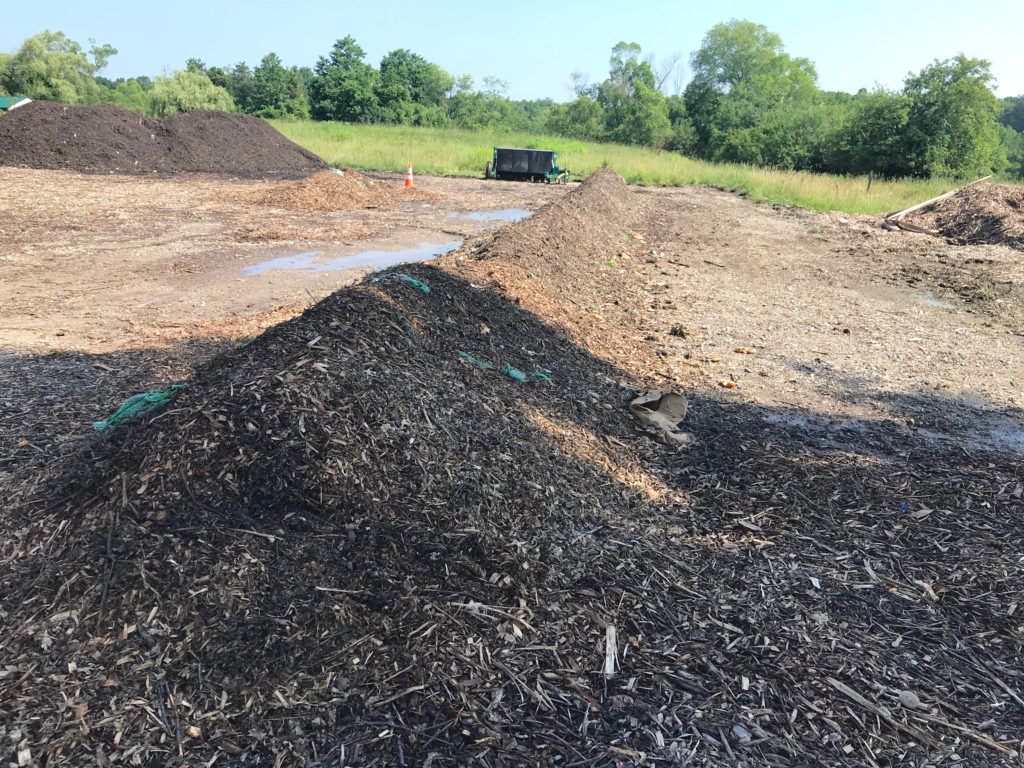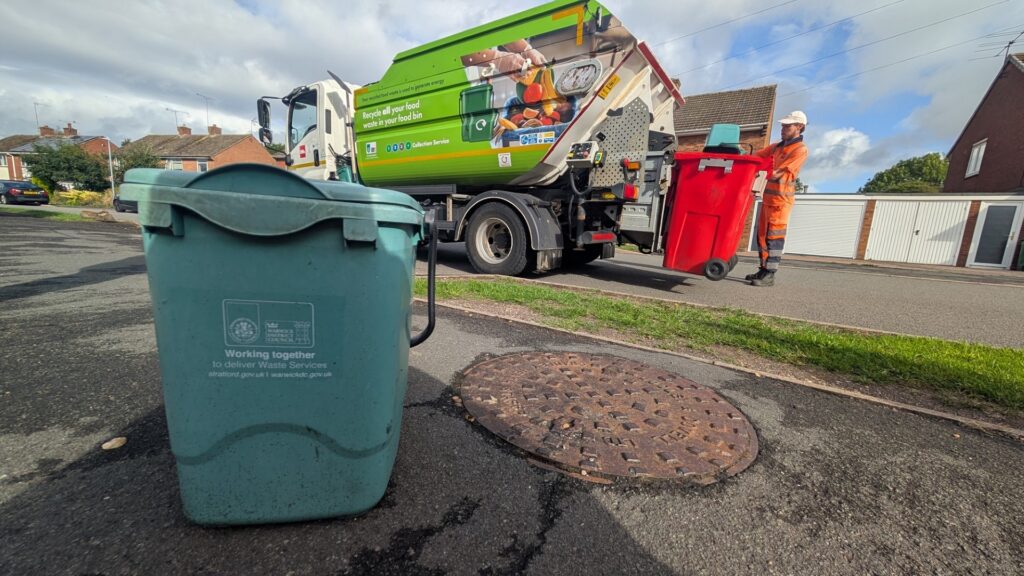In the document, entitled 'Invitation to join the government of Britain', the party also reiterated its preference for recycling rewards schemes, ahead of schemes which is said penalised householders for not recycling, as well as confirming it would put a floor under the standard rate of landfill tax until 2020, in order to “encourage alternative forms of waste disposal”.
Outlining exactly how they plan to be “the greenest government in our history”, the Conservatives explain that: “Instead of using rules and regulations to impose a centralised worldview, we will go with the grain of human nature, creating new incentives and market signals which reward people for doing the right thing.
“Instead of pulling bureaucratic levers from above telling people what they can't do, we will provide people with the information they need to make more responsible choices,” the document adds.
The party's shadow environment secretary, Nick Herbert, has strongly advocated a voluntary approach to waste and recycling, and has also been a vocal supporter of US rewards-based recycling incentive scheme, RecycleBank, which is now being used by two UK councils (see letsrecycle.com story).
And, in today's manifesto, the party states: “We will introduce a Responsibility Deal on waste – a voluntary arrangement among producers to cut back on the production of waste and improve its disposal – as we move towards our goal of a zero-waste society.
“Households need new incentives to go green, so we will reward people who do the right thing by encouraging councils to pay people to recycle, while scrapping Labour's plans for new bin taxes on families. To help this happen, we will put a floor under the standard rate of landfill tax until 2020 to encourage alternative forms of waste disposal,” it adds.
Quangos
Elsewhere, the manifesto details plans to take action on quangos – bodies such as the Waste and Resources Action Programme and Environment Agency, claiming that there are now 700 unelected bodies spending £46 billion every year and that “we believe that Ministers should be responsible for government policy, not unelected bureaucrats”.
As well as proposing measures to increase the scrutiny of quangos, by handing powers over appointments and budget changes to parliamentary select committees, it also advocates the abolition of some bodies.
It explains: “Any quangos that do not perform a technical function or a function that requires political impartiality, or act independently to establish facts, will be abolished.”
IPC
Whereas yesterday's Labour Party General Election manifesto advocated an extension of the newly-formed Infrastructure Planning Commission's responsibilities (see letsrecycle.com story), the Conservatives plan to abolish it.
In their manifesto, they explain that: “Britain's complex and unwieldy planning system has long been cited as a significant barrier to growth and wealth creation. We will create a presumption in favour of sustainable development in the planning system.
“We will abolish the unelected Infrastructure Planning Commission (IPC) and replace it with an efficient and democratically-accountable system that provides a fast-track process for major infrastructure projects,” they add.
The manifesto explains that this would involve transitional arrangements for projects already before the IPC, to ensure they were not “disrupted or delayed”, while new projects would be considered at planning inquiries with binding timetables – with final permission on applications being given by a Minister.










Subscribe for free